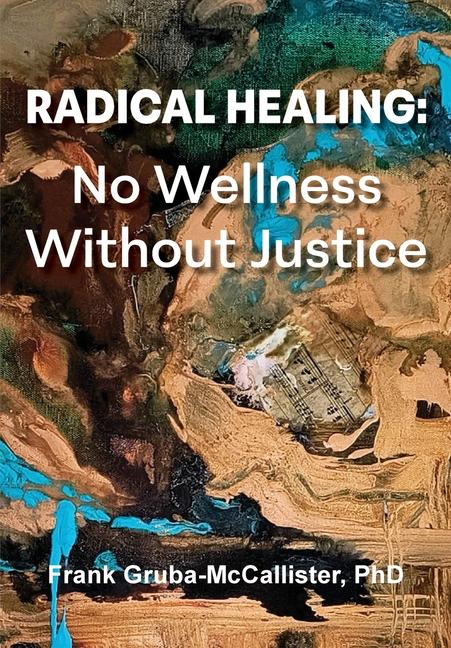Description
We live in very dire and dangerous times. Not long ago there was a COVID-19 pandemic that caused death, grief, despair, and massive upheaval. It also dramatically exposed the lethal consequences of injustice rooted in the greed, hyper-individualism, inequality, and dehumanization advocated by capitalist ideology. Further, it revealed authoritarianism, xenophobia, anti-intellectualism, and contempt for the weak connected with the associated ideology of fascism. Now with the election of Donald Trump, more egregious and widespread injustices reflecting unchecked capitalism and fascism are becoming a daily occurrence. We are experiencing what Naomi Klein (2023) called a "state of shock" in which a precipitous and extraordinary event uproots and violently disorients individuals. This event creates uncertainty and a sense of alienation that is so disturbing that people often engage in desperate attempts to restore a sense of order and meaning, even adopting solutions that are self-deceptive and self-destructive. These events and their impacts validate the assertion that the greatest cause of human suffering is forms of injustice, such as exploitation and oppression. Unless this injustice is acknowledged and eliminated, wellness is impossible.This is the core message of Radical Healing: No Wellness Without Justice. Radical circumstances require a serious rethinking of the assumptions of a mainstream psychology that not only subscribes to capitalist ideology but works to obscure its working and to impose it on those seeking care. The alternative is to be truly radical by appreciating the two meanings of radical (to be rooted and to uproot) and adopting the associate roles of the contemplative and prophet. A truly holistic framework is provided expanding beyond personal sources of suffering to include spiritual and social. Insights from humanistic, transpersonal, and critical psychology are woven together to describe a comprehensive model of radical healing that takes full account of the ways that injustice cause affliction. Adverse ideological causes are unveiled and challenged so that they can be uprooted and transformed to a liberatory alternative. Moreover, the overly individualistic paradigm of mainstream treatment is critiqued as incomplete. Unless systemic injustices are eliminated, true well-being cannot be achieved. The book concludes by proposing an alternative ideology based in democratic socialism and describing how collective transformation can be pursued.
Last updated on
Product Details
- Jun 1, 2025 Pub Date:
- 1955737592 ISBN-10:
- 9781955737593 ISBN-13:
- English Language




